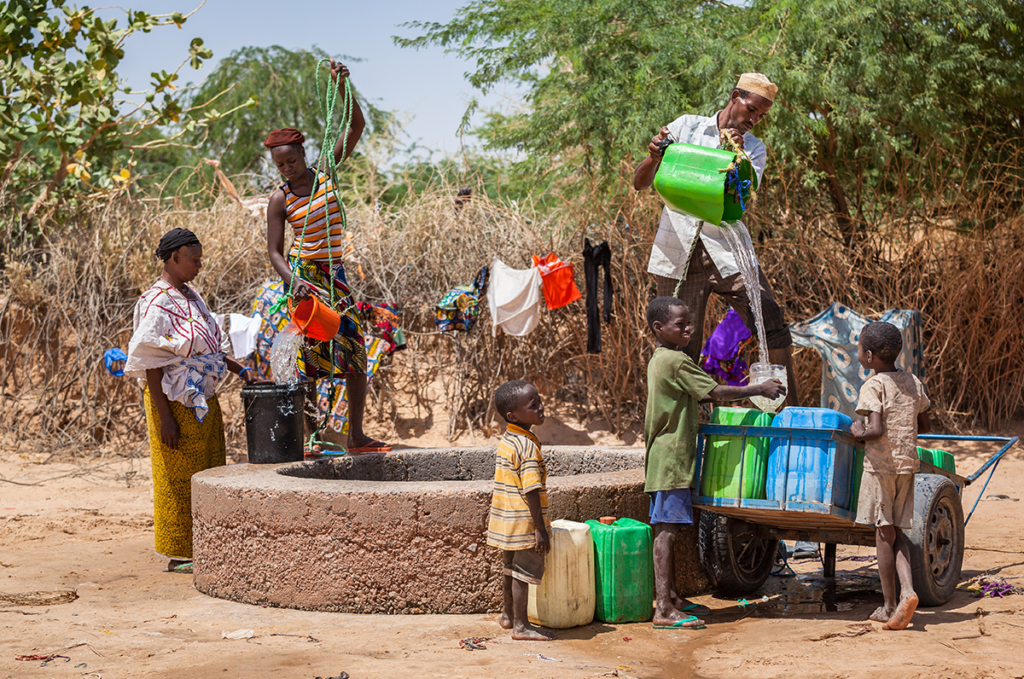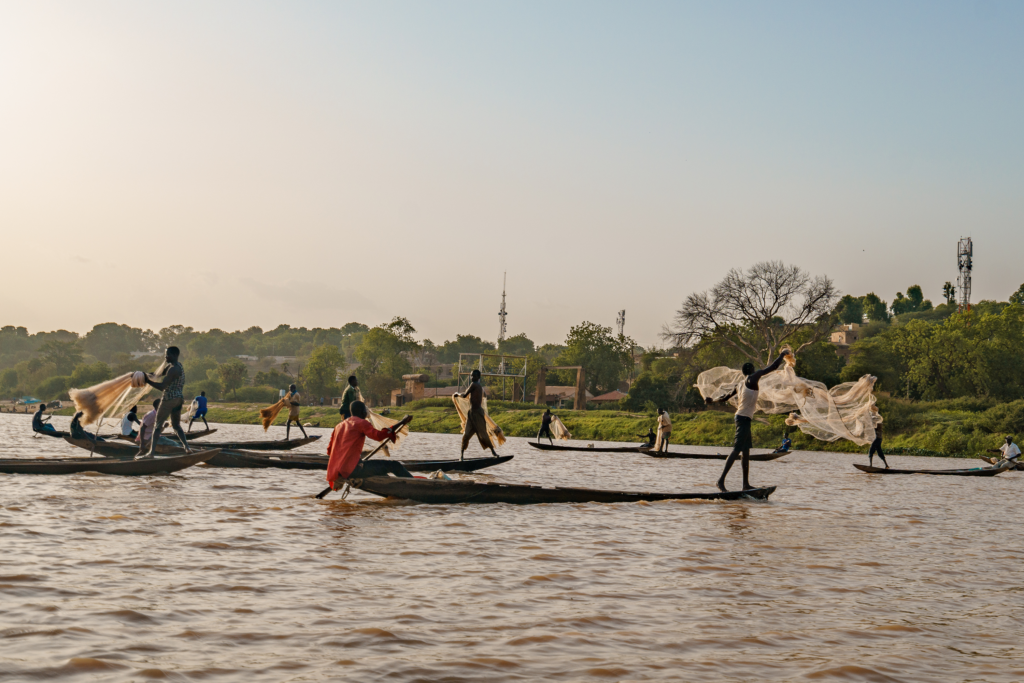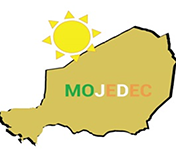Where We Work
Niger
Context
GCERF delineates the Sahel within the context of the Group of Five Countries for the Sahel, also known as G5 Sahel, the intergovernmental body to promote regional cooperation in development and security matters. Our focus is on the central Sahel region covering Burkina Faso, Mali, and Niger. Our engagement in the region will directly bolster the implementation of National Action Plans of the three countries working in partnership with local, national, regional, and global partners. Our work began in Mali in 2016 followed by Burkina Faso and Niger in 2021.
The Sahel is one of the most deprived regions in the world. It is home to several fragile and conflict-affected states, each ranking low on the UN Human Development Index and beset by multidimensional conflicts. These conflicts have created fertile environments for violent extremism and organised crime in an already fragile regional context. The region is also a source of criminal activities, including human trafficking and the smuggling of people, drugs, and weapons.
Niger is currently ranked 10 on the Global Terrorism Index of 2023. Deaths in the Sahel constituted 43% of the global total of terrorism deaths in 2022, compared to just one percent in 2007.
The main drivers of violent extremism are youth unemployment, farmer/herder conflicts and governance-related grievances. VE groups exploit these tensions and insecurities by communicating narratives of injustice and by providing protection in exchange for loyalty.

Strategy
GCERF’s Regional Strategy for Investment in the Sahel focuses on Central Sahel, starting with the Liptako-Gourma region. With its community-based approach to P/CVE, GCERF’s Sahel investment strategy will directly contribute to the implementation of National Action Plans (NAPs) of the three countries (Burkina Faso, Mali, and Niger) in partnership with local, national, and regional partners.
The strategy has two specific objectives:
i) contribute to improvements in the social ecology to create conditions conducive to prevention and resilience-building;
ii) facilitate community-led rehabilitation, disengagement and (re)integration, including of people disengaging from criminal, non-state armed and violent extremist groups.

The PVE programme in Niger has has created a framework for social cohesion within the communities especially in this context of violent and religious extremism. The activities proposed by this programme will create unity within the communities and allow for the creation of income-generating activities for young people and women who have lost their property due to this situation of insecurity.
– Abdoul Razak Amadou, Pastor of the church in the commune of Gothèye

Pathways to Change
The programme in Niger aims to:
- Reduce the risk of radicalization of communities in Niger by helping women and youth in particular to improve their understanding of radicalization, and develop key factors of resilience on individual and community levels.
- Create socio-economic opportunities for youth and women.
- Create dialogue spaces within communities, and between communities and local authorities and defense forces.
- Promote the disengagement of young people from extremist groups.
- Integrate repentant young people into public services or into the socio-economic environment of their home communities, with the support of public authorities.
These will be achieved through activities including:
- Vocational training for youth and women on innovative vocations, entrepreneurship, financial management, and accountability.
- Creation of a business mentoring and technical support system for youth and women.
- Development of networking structures bringing together youth and women with professionals and potential business partners.
- Creation or revival of community dialogue spaces.
- Coaching youth and women to engage with local decision-making structures and processes.
- Organisation of dialogue spaces between defense forces, youth, and women.
- Trainings on prevention of violent extremism.
- Participatory theatre sessions reinforcing social cohesion and raising awareness on key themes.
- Radio programming on preventing violent extremism.

- Meeting between repentant youth and local mediators.
- Awareness-raising caravans for promoting the disengagement of young people from extremist groups.
- Workshops on communication techniques between local leaders, youth and women groups.
- Reinvigorating the groupings of local structures to promote synergy of action.
- Organisation of village assemblies to raise awareness about prevention of violent extremism.
- Training of religious and customary leaders in mediation for youth repentance.
- Organisation of multi-stakeholder community forums on the prevention of violent extremism.
- Participatory diagnostic sessions on the needs and aspirations of young people and women.
- Workshops on citizen engagement in public action for young people and women.
- Production of monthly reports on the documentation of cases of human rights violations and processing of these cases.
- Awareness-raising for youth and women groups on the prevention of violent extremism.
- Vocational training and support for the socio-economic reintegration of repentant youth.
- Integration of repentant youth as civilian workers/servants in local administrations including military camps, municipalities, prefectures, and so on.
- Establishment of a technical and financial advisory support system for ex-combatants.
- Training of women and youth in income generating activities set-up and management techniques.
- Nutritional, psychological and medical care for repentant youth. Training of local actors involved in the rehabilitation process for repentant combatants.
Local Partners in Niger



Newsletter

Sustainable Development Goals

Peace, Justice & Strong Institution
No Poverty

Quality Education

Gender Equality

Decent Work & Economic Growth

Reduced Inequalities

